Have you ever heard the saying, “shoot for the moon, at least you’ll land amongst the stars.” Although the sentiment is nice when setting goals, it’s not so applicable when setting a list price for your home. When it comes to overpricing a home, there are no stars to land amongst, only low-ball offers and a long time on market.
In fact, multiple studies have shown that price is the “largest determining factor for length of time on market.” Essentially, this means that even with a stellar marketing program or a picture-perfect home, a listing could still sit on the market if overpriced. However, sellers are confident right now, with a recent Realtor survey showcasing this confidence in their findings:
- 94% of sellers expect their homes to sell for more than they paid for them
- 1 in 4 expect to have an offer within a week
- 53% expect to receive an amount equal to the asking price
- 24% expect the sold price to be higher than listing
- 1/6 expected to forgo contingencies & a similar amount expected an all-cash offer
With a deficit of 554,000 homes on the market currently, some of this confidence is justified; however, overpricing is still occurring, and there are homes that should be selling that are lingering on the market.
SO, WHAT MAKES OVERPRICING A HOME SO DETRIMENTAL?
Well, the following factors are reasons why you should consider your price point carefully as a seller.
1) “WHAT IS WRONG WITH THAT HOUSE?”
In our experience, the first month a listing is on the market is the best time to get it in front of buyers, increase traffic and retain attention. After this time frame, interest begins to wane, and buyers begin to wonder what is wrong with that house? Additionally, if you eventually have to drop the price of the home to get interest, this will further the idea that there is something wrong with the home in the minds of buyers.
By pricing a home correctly in the beginning, you’re able to capture buyer attention immediately, which assists you in getting the highest possible offer.
2) INCREASE IN BUYER LEVERAGE
When a listing has been on the market for a while, buyers will begin to feel that they have the upper hand, and in a sense, they do. The longer a listing sits on the market, the more a buyer can negotiate, and their offers are likely to be lower than the realistic list price for the property. The National Association of Realtors discovered the following statistics regarding home prices and length on the market:
- Less than 2 Weeks on Market: 70-85% of homes sold for at or above asking
- On Market 5 to 8 Weeks: 23% received full list price + 2x as likely to have to offer buyer incentives
- 17 or More Weeks on Market: 9% received list price + 3x as likely to offer buyer incentives
3) PRICE BEYOND BUYER’S SEARCH PARAMETERS
Coming up in searches is an important aspect of marketing, and if the home is priced out of parameters, it’s not going to show up in the search. Did you know that the majority of people set their search parameters in $25,000 intervals? That’s not to say that you need to pick a price with a $25,000 interval, but going over a common price cut-off, is going to shrink your overall impressions. The numbers look like this, if you overprice by 10%, you’re cutting the pool in half; by 15%, and you’ve lost 90% of your potential buyers.
On the note of pricing, why do some many listings seem to be priced with so many 9s, for example, $499,900? Well, it’s psychology. The human brain sees the first digits as the most important ones, and with a six-digit price tag, brains tend to focus on the first 3 numbers. So, when you price a home at $499,900 versus $500,000, even though the price isn’t that much lower, the person will feel like it’s a lower price point because of the starting number of 4 versus a 5.
4) PURCHASE PRICE DOES NOT APPRAISE OUT
Now, let’s say you get an offer that will give you the number you’re asking for. That’s great, but if the buyer needs a loan, the bank is going to require an appraisal. If the appraiser doesn’t appraise the home out at an amount that supports the purchase price, chances are the mortgage is not getting approved. This throws the whole sale into jeopardy and may leave the seller looking for a new buyer.
Beyond these main reasons, other reasons to not overprice a home are that it will increase your holding costs, and you’ll make comparables look like a better deal. So, when it comes to pricing your home, be sure to do your research or connect with a qualified real estate agent who can give you a realistic price point and advocate for you when negotiations begin!
CHECK OUT OUR RECENT POSTS:




